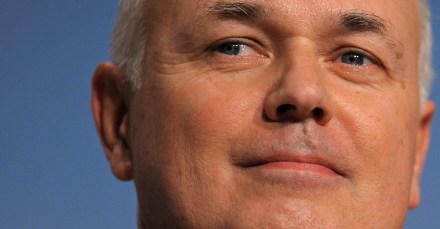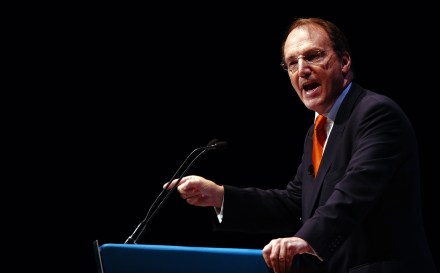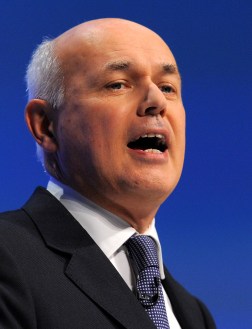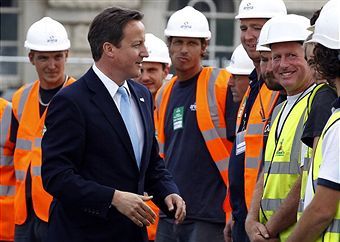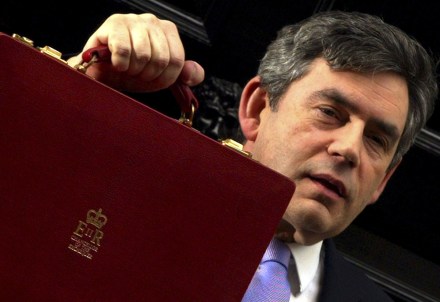Both leaders left smiling after PMQs
Today was one of those PMQs when you sensed that both sides were fairly happy with how it had gone. Ed Miliband turned in one of his stronger performances, cleverly splitting his questions and so allowing himself to have a go at both the economy and the coalition’s troubled NHS reforms. Cameron, for his part, got through what was always going to be a difficult session for him after this morning’s negative growth numbers. Strikingly, there were four planted Tory questions on the benefits cap. The Tories know that Labour’s vote against it compounds one of their biggest vulnerabilities, the sense they are the party for people on benefits




